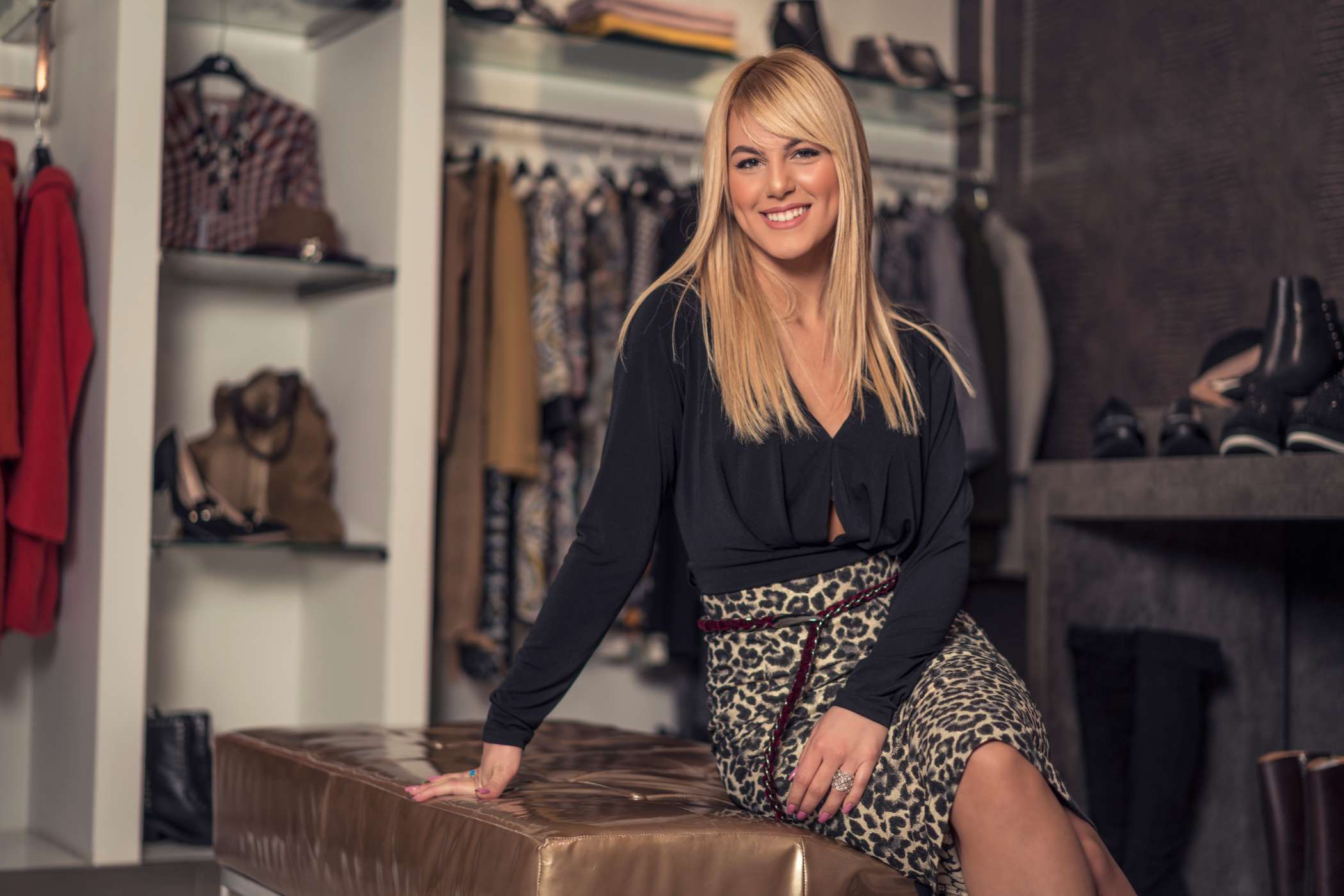Apparel Merchandising Tips from Zara, H&M, and Mango

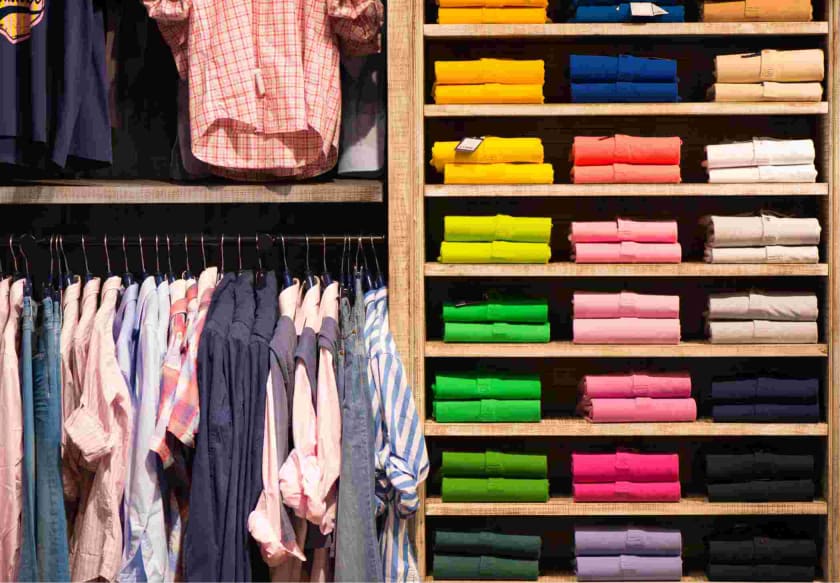

What is Apparel Merchandising?
Apparel merchandising entails sales, promotions, and other tasks required to fulfill customer and designer apparel requests. Apparel merchandising encompasses, but is not limited to, campaigns, presentations, advertisements, and direct marketing, as well as developing industry sales strategies. Merchandising also involves making every effort to ensure that merchandise is available to the consumer.
Zara
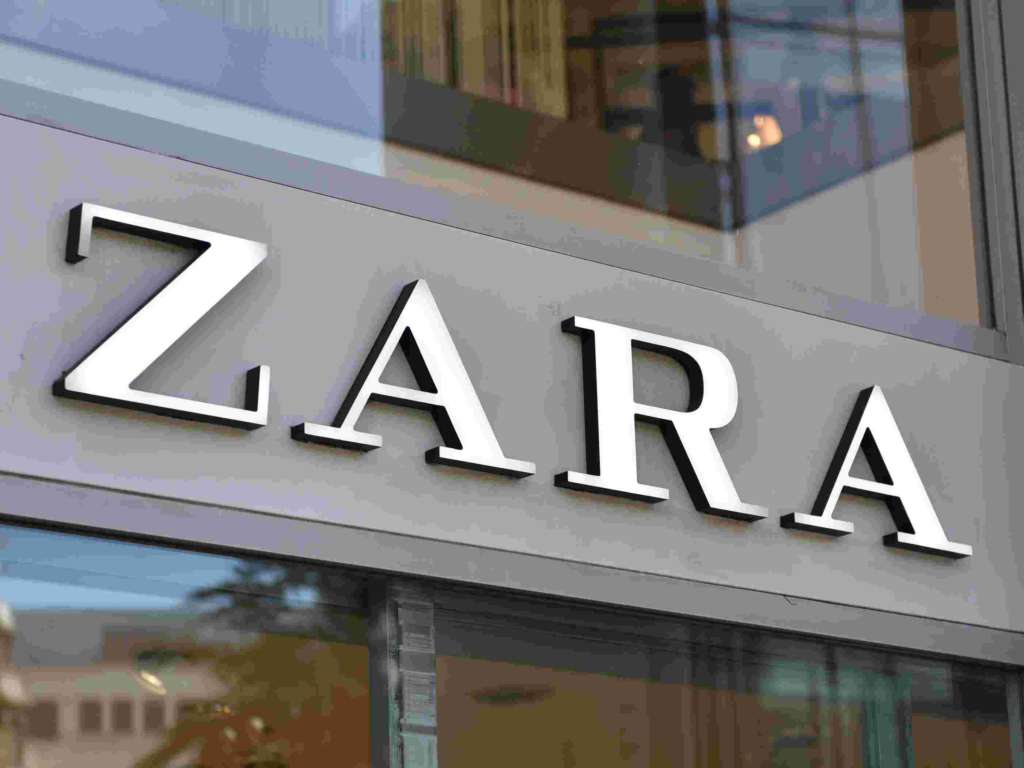
ZARA is a Spanish clothing retailer headquartered in Arteixo, A Coruña, Galicia, Spain. Fast fashion is the company's specialty and its products include clothing, shoes, swimwear, perfumes, beauty, and accessories. Zara is the most prominent part of the world’s largest apparel retailer, the Inditex Group; it heads up to 20 clothing collections per year as of 2017.
Tips from Zara
Zara recognizes the significance of the location. The retailer carefully selects real estate, opening express stores where it can compete with high-fashion brands. By surrounding Zara stores with up-market retail stores selling exorbitantly priced product lines, Zara appears substantially more reasonably priced for products that appear somewhat similar to those of its neighbors – motivating shoppers to shop from them. Zara's visual merchandising propels them to the top of the food chain. The company adapts to new trends much more quickly than any other business.
H&M
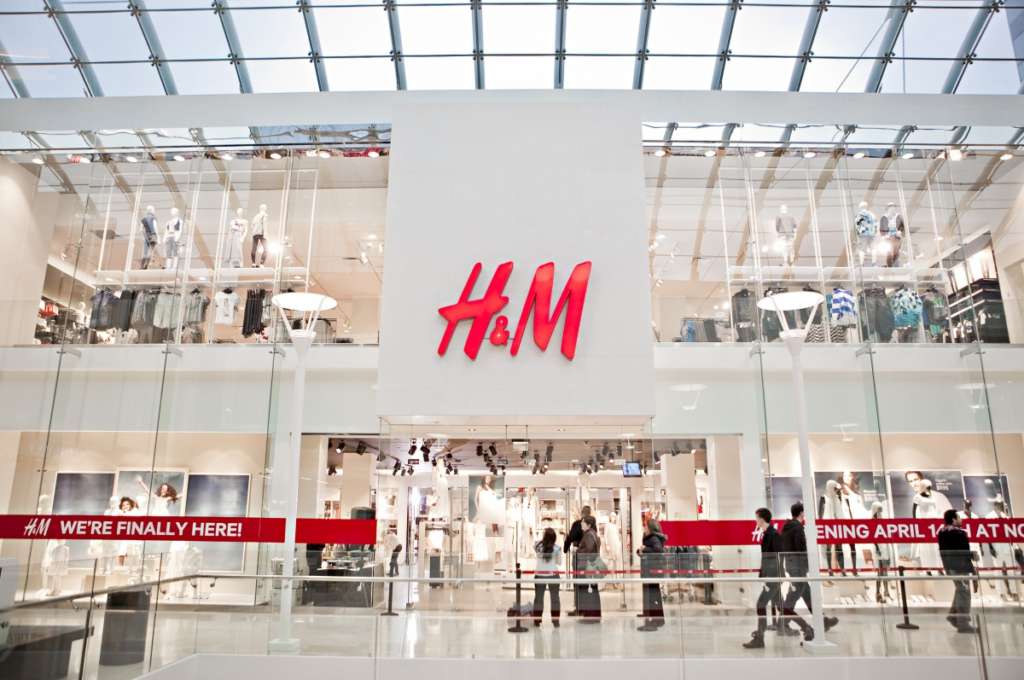
H&M is a Swedish clothing retailer known for making fast-fashion clothing for men, women, and children. As of November 2019, H&M operates in 74 countries, with over 5,000 stores operating under various company brands and 126,000 full-time equivalent employees. It is the world's second-largest clothing retailer, trailing only Inditex of Spain (Zara’s parent company).
Tips from H&M
H&M's work extends beyond its customers. With 5,000 stores worldwide, they believe that they have a responsibility to make a positive impact across their value chain. For over two decades, they have been committed to consolidating environmental and social sustainability principles into every aspect of their business. They are dedicated to doing good, and this draws the crowd in their direction.
MANGO
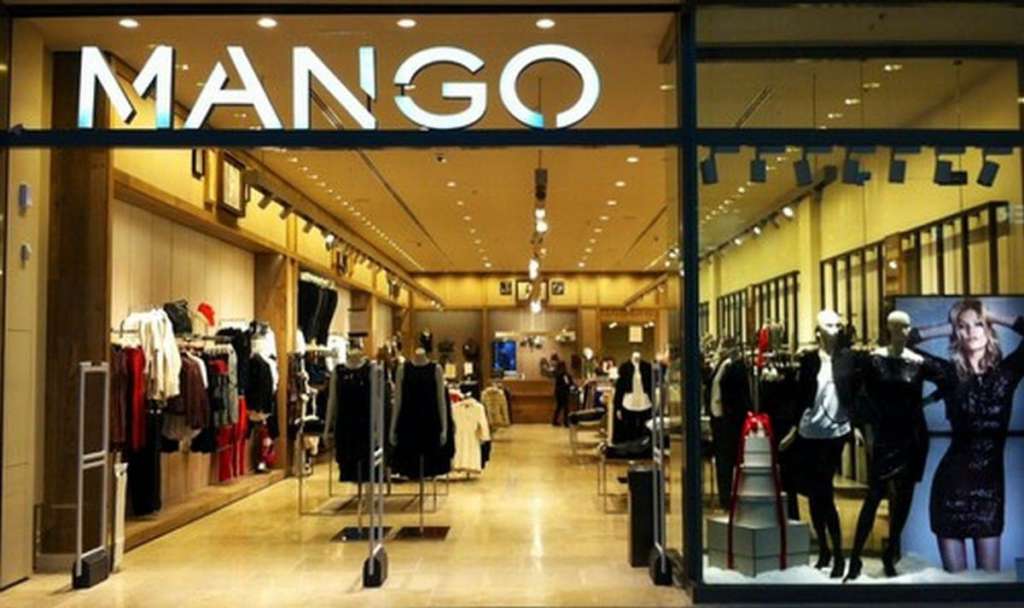
MANGO is a globally recognized multinational corporation that designs, manufactures, and markets women's, men's, and children's clothing and accessories. MANGO currently employs over 15,000 people, 2,200 of whom work at the Hangar Design Centre and its head offices in Palau-solità I Plegamans (Barcelona). Even so, beyond the facts and figures, it is comprised of a young and enthusiastic team, with an average age of 29 and 79 percent of the workforce being female. The Hangar Design Centre is Europe's largest design center, with a total surface area of 12.000 square meters and more than 700 professionals dedicated to the creation of fashion garments. The departments of Structure, Buying, and Value are located there. The central offices cover a total area of 153.000 square meters and have their own structure, which includes the departments of Image and Advertising, Property Management, Expansion, Production Control, and Stores Distribution, as well as Logistics, Administration, and IT systems. MANGO currently has over 2,200 points of sale in 118 countries around the world.
Tips from Mango
Mango's automated center streamlines the company's logistics, giving it greater control over the customer experience and product allocation.
As fast fashion becomes more competitive, the strategy is to shorten shipping and delivery times in order to better respond to trends.
Mango has tripled the number of garments processed per hour since opening the center and can ship items within days.
















